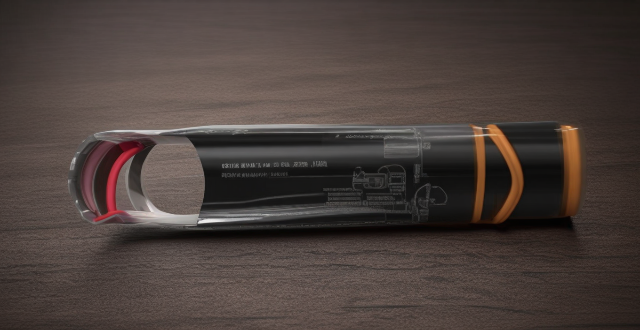Zinc-carbon batteries are versatile but not universally applicable due to voltage, current, chemical compatibility, and physical size constraints.

Can Zinc-Carbon Batteries Be Used in All Types of Devices?
Zinc-carbon batteries are a common type of battery used in many everyday devices. However, the question remains: can they be used in all types of devices? The answer is not straightforward and depends on several factors.
Key Considerations
Voltage Requirements
The first factor to consider is the voltage requirements of the device. Zinc-carbon batteries typically have a voltage of 1.4 volts per cell. Some devices may require higher voltages, such as 3.7 volts (commonly found in lithium-ion batteries), which would make zinc-carbon batteries unsuitable for use.
Current Requirements
Another important factor is the current requirements of the device. Zinc-carbon batteries are designed for low to medium current draw applications. If a device requires high current draw, zinc-carbon batteries may not be able to provide enough power and could potentially damage the device.
Chemical Compatibility
It's also essential to consider chemical compatibility between the battery and the device. While zinc-carbon batteries are generally safe for most applications, certain chemicals or environments may cause them to corrode or degrade more quickly than expected. This could lead to reduced performance or even safety hazards if not properly managed.
Physical Size and Shape
Finally, the physical size and shape of the battery must be compatible with the device's battery compartment. While zinc-carbon batteries come in various sizes and shapes, some devices may have specific requirements that cannot be met by standard zinc-carbon batteries.
Conclusion
In conclusion, while zinc-carbon batteries can be used in many types of devices, they are not suitable for all applications due to their limited voltage, current capabilities, and potential chemical incompatibilities. It's always best to consult the device manufacturer's recommendations before using any type of battery to ensure proper function and safety.